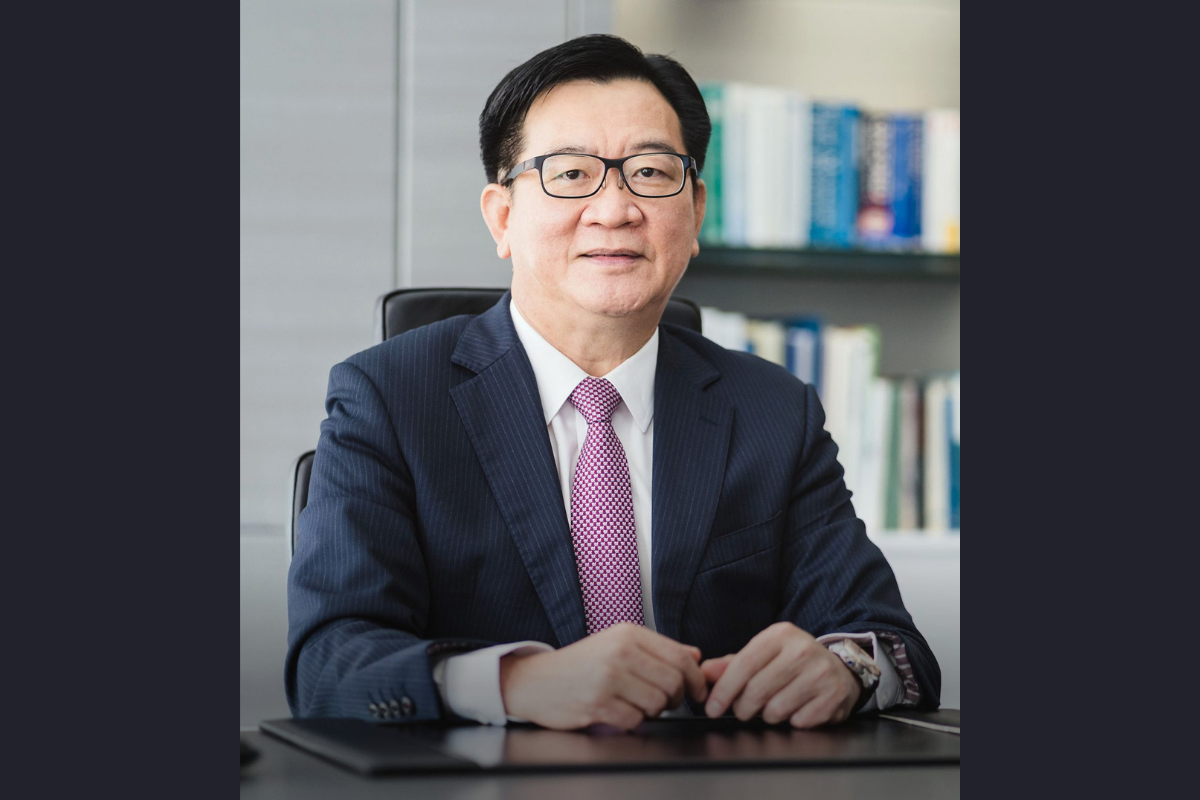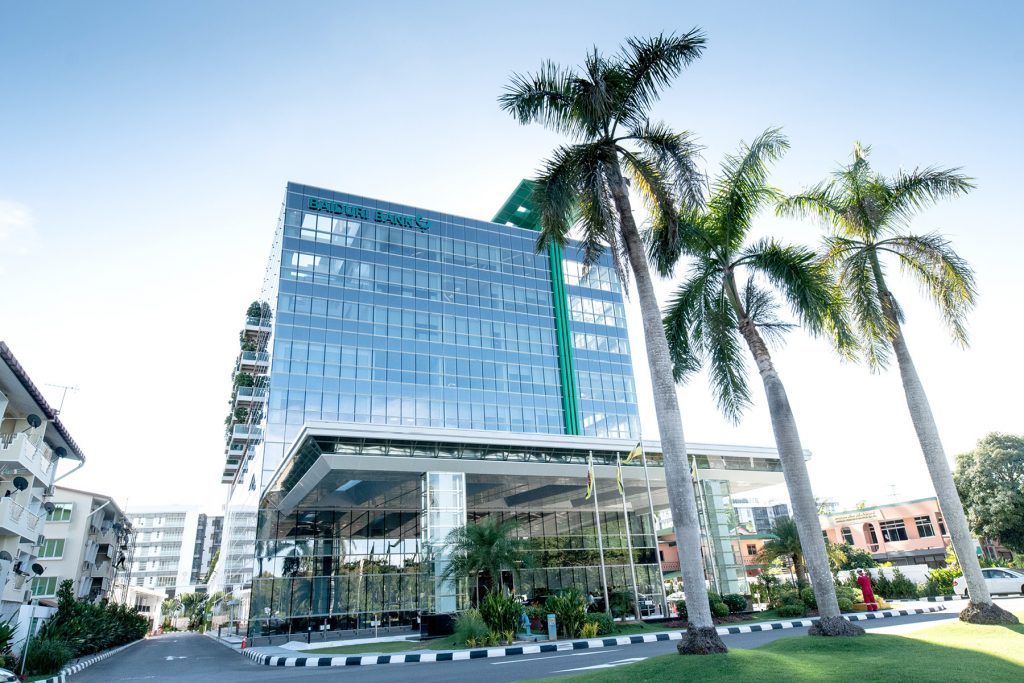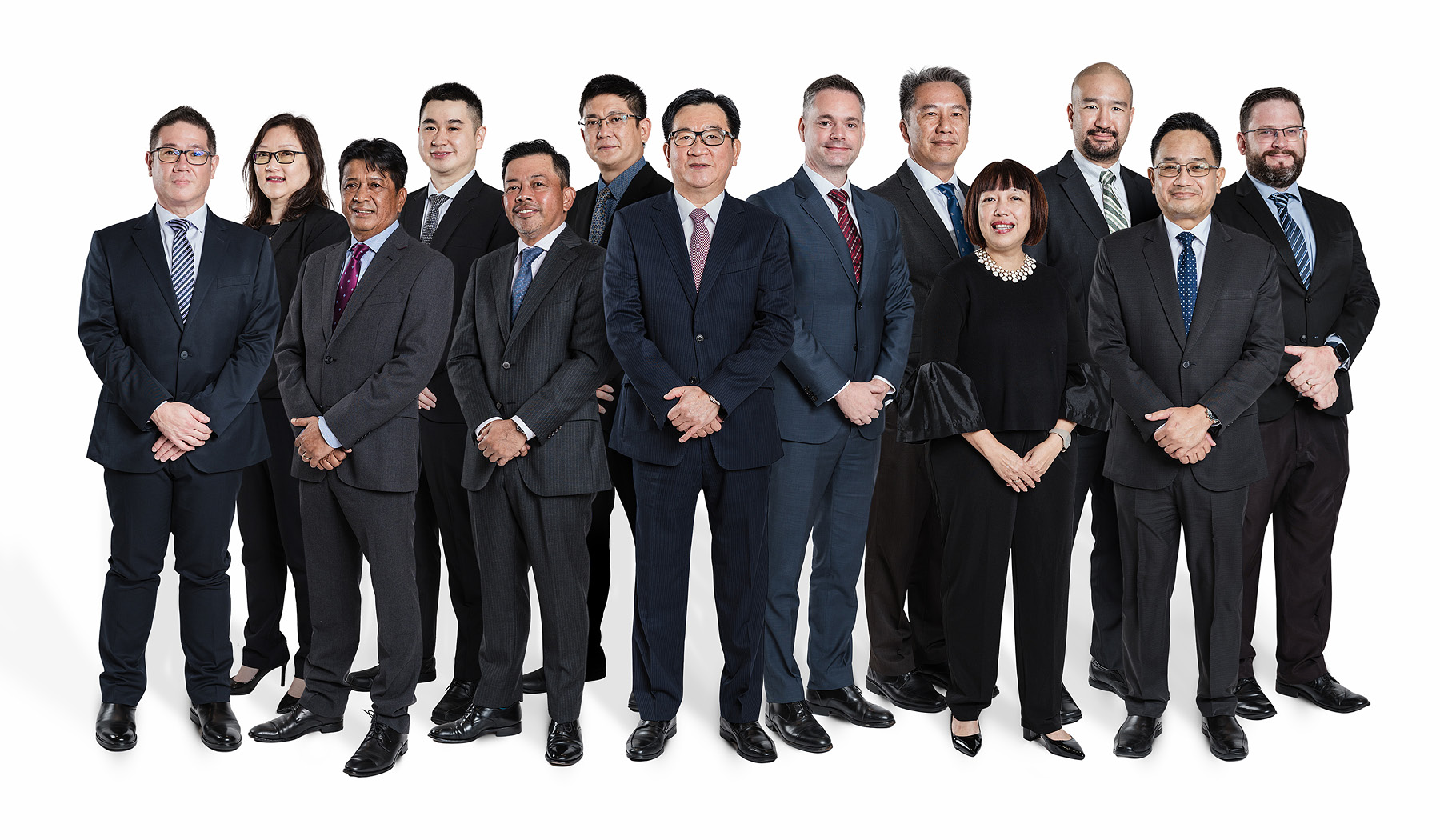Operating a bank is no small feat. But creating a bank from scratch poses an even bigger challenge.
Ti Eng Hui, CEO of the Brunei-based Baiduri Bank, took on this challenge in 1996, two years after it was established, and despite facing intense competition from major banks, including HSBC Brunei, Standard Chartered Brunei and Citibank. He and his team have since worked hard to establish a retail bank that has earned its position as the local retail bank of choice.

“I wanted to take that challenge on, because it’s not every day you get an opportunity to do things like this. I wanted to prove I could do it and that I could build a good team to start the retail business,” Ti tells The CEO Magazine.
Owing to his previous career experience as Deputy Head of Retail Banking and Head of Branch Network at Standard Chartered Brunei, Ti had already developed extensive knowledge and expertise in banking processes and in the commercial aspect of banking.
On starting his journey with Baiduri Bank, Ti says one of his main focuses was on building a strong team. And, to this end, he recruited several of his former colleagues to join him in the challenge.
“Over the years, I was able to elevate the Bank’s retail presence within the country as the Deputy General Manager, Retail Banking and Branch Network,” he says. “Then in 2019, after a six-year stint as the Deputy Chief Executive Officer, I was appointed as the Bank’s first local CEO.”
Under Ti’s leadership, Baiduri Bank achieved a number of significant milestones, including a total brand refresh and the launch of the new Baiduri Bank headquarters in the heart of the capital, Bandar Seri Begawan.

More and more companies are realising that vendors are actually integral partners and therefore you need to engage them and work with them on a long-term basis.
A new strategy
With pandemic-related restrictions now easing, Baiduri Bank took the opportunity to define a new strategy moving forward and, to this end, Ti says the bank’s current focus remains within Brunei but that they’re also looking at exploring opportunities outside the country.
“Together with the help of a strategic management consultant from Singapore, we’ve done an environmental scan to identify where our strengths, weaknesses and opportunities are,” he explains.
As Baiduri Bank charters a post-pandemic future, the value of its suppliers can not be understated. Ti believes that the COVID-19 pandemic has exposed the risk of dealing with unreliable companies who may not be able to continue to supply because of disruptions in the supply chain. As a result, he says he’s increasingly looking to secure more long-term supplier agreements.
“More and more companies are realising that vendors are actually integral partners and therefore you need to engage them and work with them on a long-term basis. We definitely want to convert them into more of a partnership in terms of the relationship on the supply-chain side of things,” he says.
Strong leadership
For Ti, being a good leader means always listening to stakeholders. From customers and employees to vendors, he believes that good ideas can come from many different places and feedback from others with different opinions can help fine-tune the decision-making process.
By building a strong team with a diverse knowledge base, Ti says leaders can gain a great deal of expertise – a good leader doesn’t have to know everything, but if a strong team is created with the right skills, both the leader and team can be more effective.

Leadership is about the ability – and willingness – to make difficult decisions.
“In 2019, when I became the CEO, my number-one priority was to build and develop a strong team because I know there’s only so much I can do alone,” he says. “I have to make sure that there is buy-in from everybody and that we come together as a team. That’s the only way we can progress.”
Ti says that while some CEOs find it hard to make difficult decisions, it is an essential role in leadership. “I have worked in foreign banks before, and I’ve seen that in some countries the local CEOs find it hard to make difficult decisions,” he explains.
“On many occasions, difficult decisions have to be made. A good CEO must be able to communicate and explain why these tough decisions have to be made. There could be a need for change, or a multitude of other reasons. Leadership is about the ability – and willingness – to make difficult decisions.”
Digital transformation
Accelerated by the COVID-19 pandemic, Baiduri Bank has taken great strides in the digital space, embracing innovative AI and digital technologies throughout the organisation – many applied for the first time in a Bruneian bank.
“Recognising the need for an accelerated shift to digital, we made swift adjustments to our business operations, streamlining our processes and introducing alternative, contactless channels including online appointment booking, video consultation, email applications and drop boxes,” Ti explains.
“One of our main goals since then is to continuously calibrate and enhance our digital offerings to exceed customer expectations, striking the right balance between digital convenience and human connection.”
Ti explains that financial inclusion is at the core of the bank’s mission. “We believe in an omni-channel, ‘phygital’ approach that prioritises a seamless service experience across all channels, both online and offline,” he says.
“There will be ongoing efforts to ensure we continue to serve diverse segments of the society, including those who may not be digitally savvy and therefore prefer the traditional brick and mortar outlets for their transaction needs.”
This approach, he says, will see Baiduri Bank continue to navigate its way into the future. “Technology will be a key enabler for continuously improving our frontline and backend processes, uplifting our digital offerings and accelerating our journey towards a more data-driven approach,” Ti says.

Digital Future
Ti has witnessed the rapid rise of digital banking providers in the region and globally, and is working to ensure Baiduri Bank is able to compete. Embracing cloud-based solutions has been the norm for many banks across the world, but as this is relatively new in Brunei, Ti is engaging with local regulators to explore how potential risks, such as data privacy, can be mitigated.
“To support this initiative, we also understand that our core banking system, which is more than 15 years old, needs to be replaced. We started that process about two years ago, and now we have reached a time where we’re able to decide on a vendor,” he explains.


